A series of unfortunate events.
Tottenham Hotspur sacked José Mourinho a little over two months ago, mid-April, bringing end to a turbulent seventeen-month reign that never felt at home in the first place. With a young Ryan Mason given interim charge for the remainder of the season, the club put forth a sentiment not to dissimilar to that of Manchester United when they themselves sacked the Special Portuguese two and a half years ago – that they intended to reintegrate into their structure the very ethos and ideals that made them who they were. For the fans, this implied a return of exciting, soul-lifting football. For everyone else, it was another prompt for giving Spurs stick for being – yet again – Spursy.
Either way, a manager was dismissed and hence, a manager was required. So began a search for a man that two months down the line has resulted in a series of embarrassing and farcical events, in which manager after manager, Spurs have either been implied a polite rejection, or have chosen themselves to pull the plug at the last moment, only to end up in a deeper mire.
Also Read – José Mourinho is Rome-bound: Can he re-invent himself in Italy?
The first name to get linked with the Spurs job was that of Erik ten Hag, the manager of AFC Ajax, with whom his stock has continued to rise over the past four years. But no sooner than he was linked, he agreed to a two-year contract extension, pledging his allegiance to the Dutch champions until 2023.
Then popped up the name of Julian Nagelsmann, the 33-year-old prodigious German. But before any concrete links could emerge, the young manager was snapped up by Bayern Munich on a five-year deal to replace the outgoing Hansi Flick.
Flick, then, himself became a matter for speculation as the potential new manager of the Lilywhites. But ever since his resignation from Bayern, he was only ever touted as the next manager of the German men’s national team, where he spent eight years as assistant to Joachim Löw from 2006 to 2014. Duly, towards the end of May he was announced as their new manager, calling curtains on Löw’s fifteen-year reign of Die Mannschaft after the 2020 Euros.
Brendan Rodgers’ name has been linked several times with both North London clubs – Spurs and Arsenal – after his resounding success at Leicester City. His name was again in the headlines after April, but by late May he politely turned down any further advances from Spurs, citing the current Leicester project more conducive to his long-term success.
Then came the curveball. Mauricio Pochettino, the very man Spurs had dismissed one and a half years ago, with whom they had reached their highest of highs last decade, suddenly surfaced as a potential candidate. Surely the Argentine didn’t want to return to the pastures that evicted him so very recently?
It wasn’t just that. In only six months as manager of Paris Saint-Germain, Mauricio is reported to have grown frustrated with the off-field politics at the club, especially his relationship with their sporting director Leonardo, which is not the first time the Brazilian has been complained about by a PSG manager. But the club’s Qatari overlords, having just brought Pochettino in half a year ago, are in no mood to let him go. They’re intent to keep him and are planning for the next season with him at the helm, and their task has been made easier given the project Spurs are proposing to their managerial candidates is more nebulous than a springtime cloud.
Also Read – THE GLAZERS AND MANCHESTER UNITED – AN OVERVIEW
In June, Spurs displayed a change in their strategy. Fabio Paratici, formerly Head of Technical Areas and Sporting Director at Juventus between May 2010 and May 2021, was announced as the club’s new Managing Director of football from the upcoming season. Known for his deep network of contacts, shrewd negotiation tactics and a knack for unearthing rare talents, Paratici is massively credited for the Old Lady’s dominance over Italian football over the past decade. However, many also believe that their success is more down to Giuseppe Marotta, who was Juventus’ CEO and General Manager from 2010 until 2018, when he left to become the CEO for sport at Inter. Surprisingly, this also coincided with Juventus’ fall from grace and Inter’s rise to the top.
Paratici’s arrival immediately changed the profile of managers Spurs started going after, albeit to no different outcome. The very first name that emerged with the Paratici link was of Antonio Conte, who left Inter only a month ago after a two-year spell that precipitated in the Nerazzuri winning the Scudetto. It was Conte, after all, with whom Paratici began the Bianconeri’s dominance of Serie A. But the prospect made little sense from the start. Conte is famous for being an aggressively demanding coach, who asks his overlords to bequeath upon him heaps of substantial talent for him to work with. The same was a major reason why his marriage with Inter could not continue for a third season, so it was hard to believe how it could work at Spurs, where Daniel Levy, the Spurs chairman, was anything but a lavish spender.
And thusly, this chase ended expectedly. Despite protracted negotiations, Conte rejected the job, citing that the project proposed – surprise, surprise – did not entice him enough.
Paratici, then, moved on to Paulo Fonseca, a move that did not excite the Spurs fans in any way. The Portuguese has had little success outside of his three-year spell with Shakhtar Donetsk, and is coming off an AS Roma stint that ended underwhelmingly. Moreover, if one needed to add further misery to the mix, he is being replaced in Rome by José Mourinho himself, who is set to take charge from next season.
Despite a record not too exciting, Fonseca’s style of play could have made his marriage with Spurs a tasty prospect, but this time the club themselves chose to proactively soil the move. Having reached a verbal agreement with the 48-year-old, with an official announcement looking imminent, Spurs pulled the plug at the very last minute, citing fiscal issues – realised because of the difference of tax laws between Italy and the UK – as the main reason.
But even before the news of this breakdown could hit the Internet, links with Gennaro Gattuso started to emerge. The 43-year-old Italian left Napoli last season and was announced as the new manager of Fiorentina, but even before his term could officially begin (from 1 July), both he and La Viola mutually terminated their agreement just 23 days after announcing it. Fiorentina cited the difference between the ideas regarding player transfers – worsened by the involvement of Jorge Mendes, Gattuso’s agent – as the reason.
But as it turned out, any talks with Gattuso’s representatives were halted as soon as they started. As the rumours of his appointment emerged, Spurs’ fans took to social media to resurface the archaic and disappointing comments Gattuso has made in the past regarding same-sex marriage, involvement of women in sport, and tolerance towards racial abuse. Discussing the footballing side of things was pointless after this point, and with #NoToGattuso trending in the UK, the talks collapsed as soon as they had begun.
And so the search for the next Spurs manager rumbles on. Nuno Espírito Santo (most recently of Wolves) and Graham Potter (currently at Brighton & Hove Albion) are latest names to emerge as potential candidates. In truth, though, both Erik ten Hag and Mauricio Pochettino could yet be persuaded to join, only if Spurs could properly decide what they actually want to do.
And that’s where the truth lies. despite the big game Daniel Levy has been talking, the club’s decision-making over the past few seasons, let alone the past few weeks, is sufficiently explanatory as to why managers are finding it hard to convince themselves to move to a club so conflicted in their identity.
From not providing Pochettino any reinforcements at the start of the 2018-19 season, which eventually led to a dysfunctional build of the squad and resulted in a bitter end for Mauricio, then bringing in Mourinho under controversial circumstances in the name of “serial winning” only to sack him just a week before a cup final, then going exhaustively through a list of eight different managers only to fail to hire any of them, while having made terrible off-field decisions like choosing to furlough the non-playing staff right at the start of the COVID-19 pandemic and then choosing to sign up for The Super League, only goes to show that the club not only do not understand what the fans want, they also don’t seem to have a clear idea of what they themselves want.
Also Read – Five positions Allegri could strengthen for the 2021/22 season
What also doesn’t help is the dichotomy between the ideals of Levy and Paratici regarding the direction the club should take. While Levy talks of the club having lost sight of “what’s truly in our DNA” and seeks to bring “free-flowing, attacking and entertaining” football back, Paratici – based on his managerial targets thus far – looks intent on bringing a pragmatic, preferably defensively astute coach to the club. Paratici’s term doesn’t begin officially until July the 1st, but with his vision for the club already looking so fundamentally different to Levy’s, with the latter continuing to embroil himself in the footballing decisions, further adds fuel to the “Spurs are clueless” fire.
At the end of the day, the bottom line is that Spurs remain without a manager with the new season set to begin in a week. Their chances of initiating a successful rebuild of the squad diminish with each passing day, and so does the fans’ faith in their ability to make any kind of coherent decision. That begins with the appointment of a new manager, and as unlikely as it seems at the moment, both Levy and Paratici need to find common ground – baffling as it sounds – to bring one in while there’s still time.
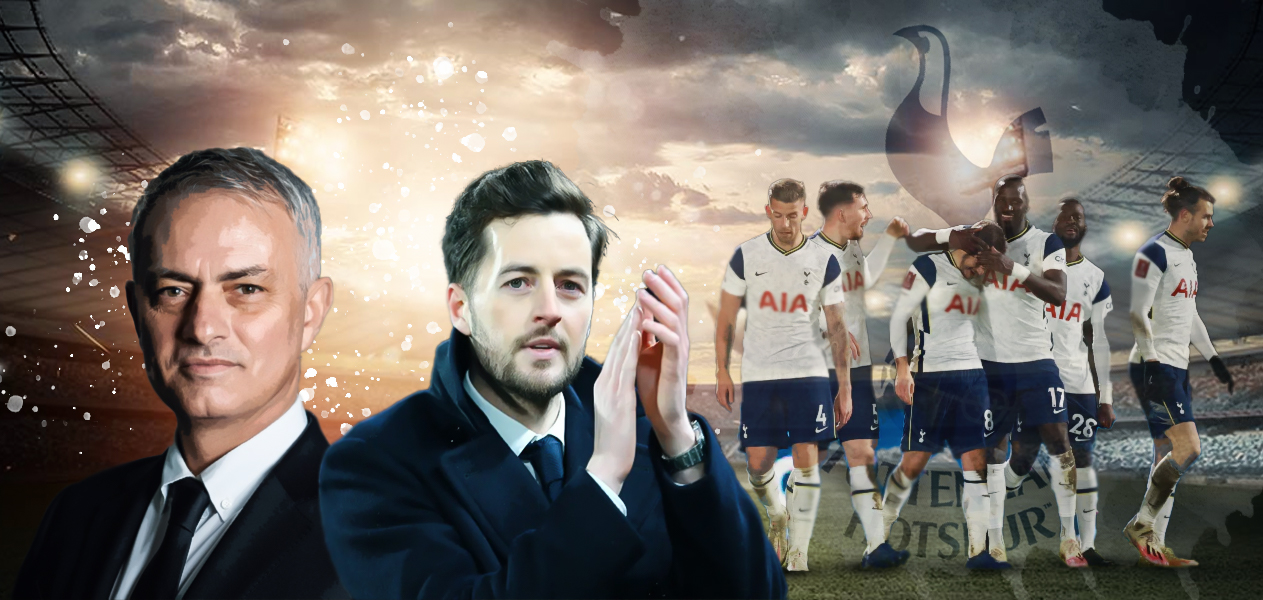

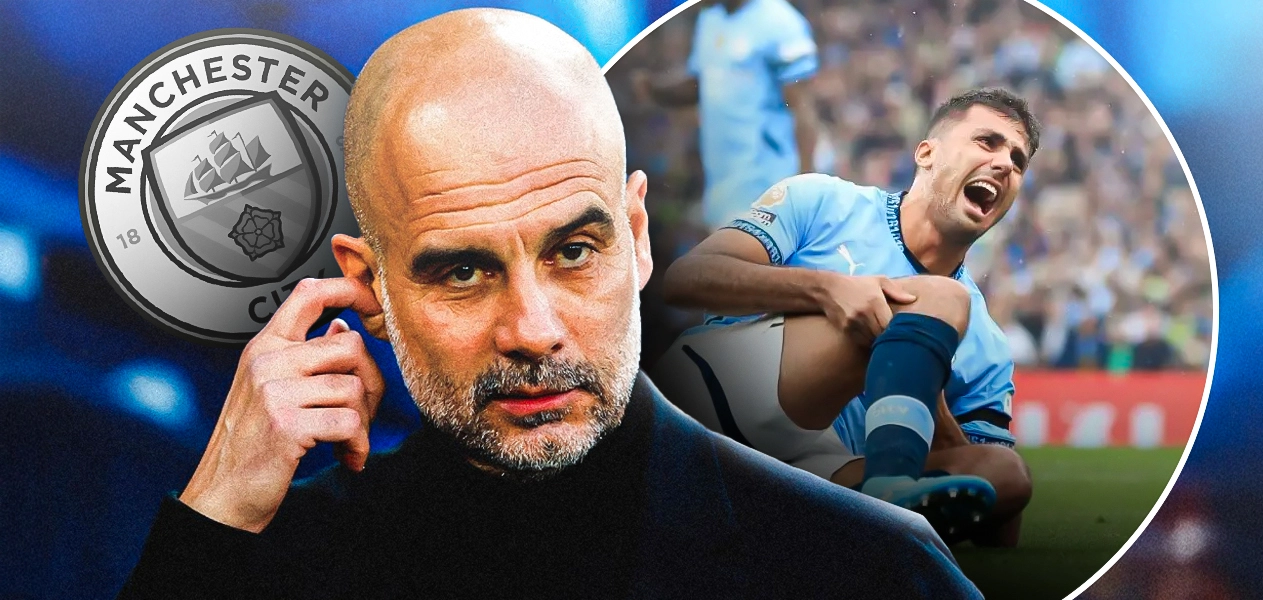
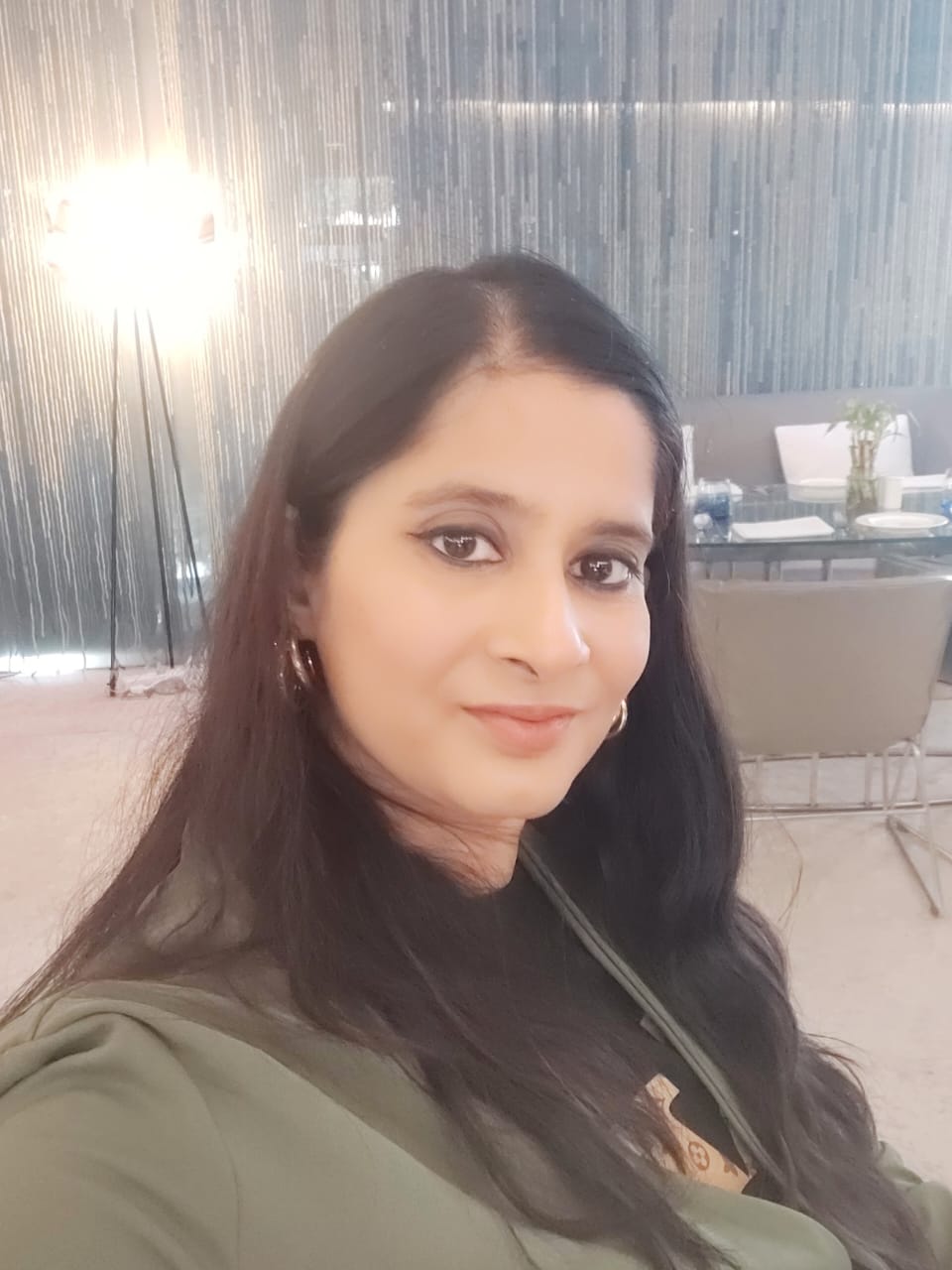
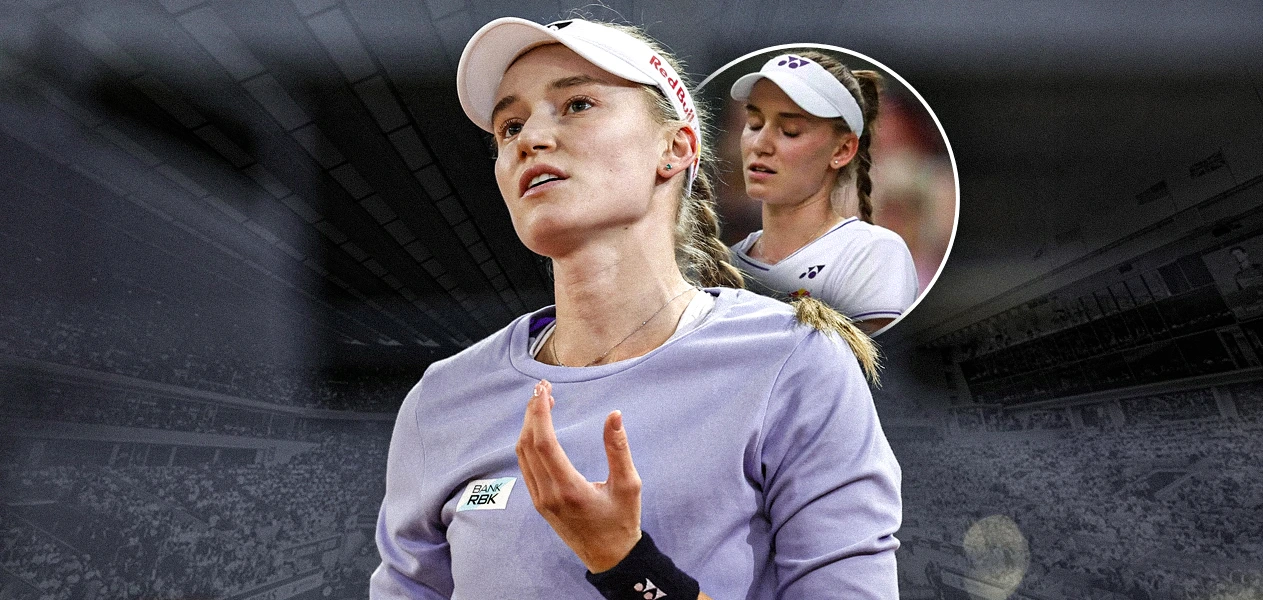
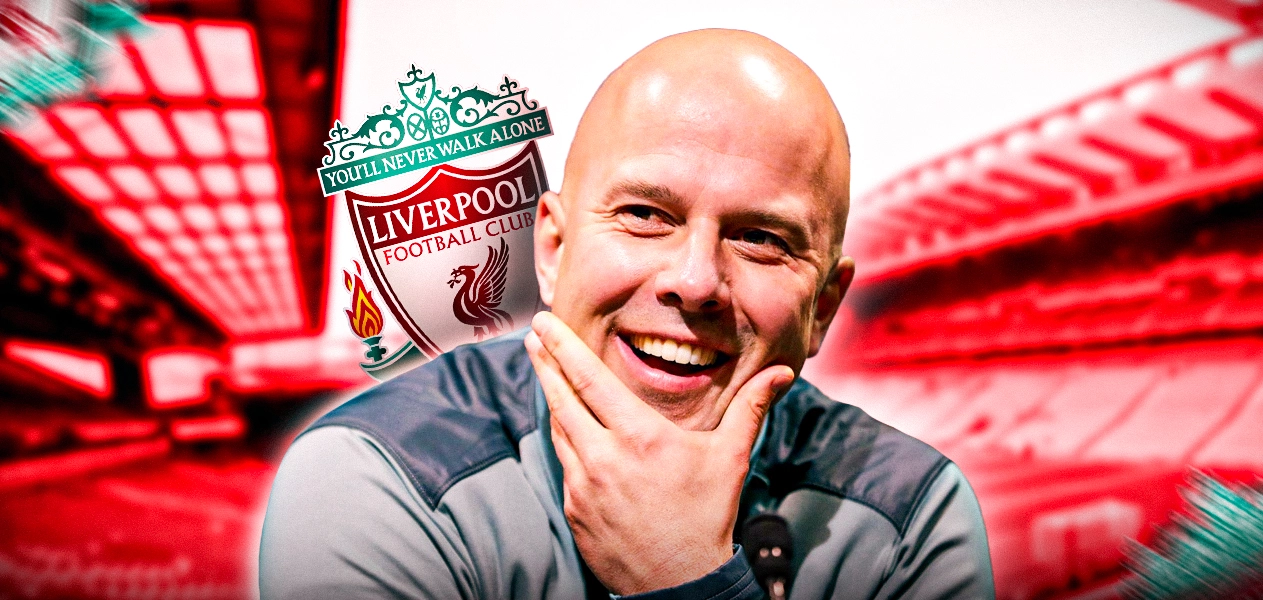
Leave a Reply